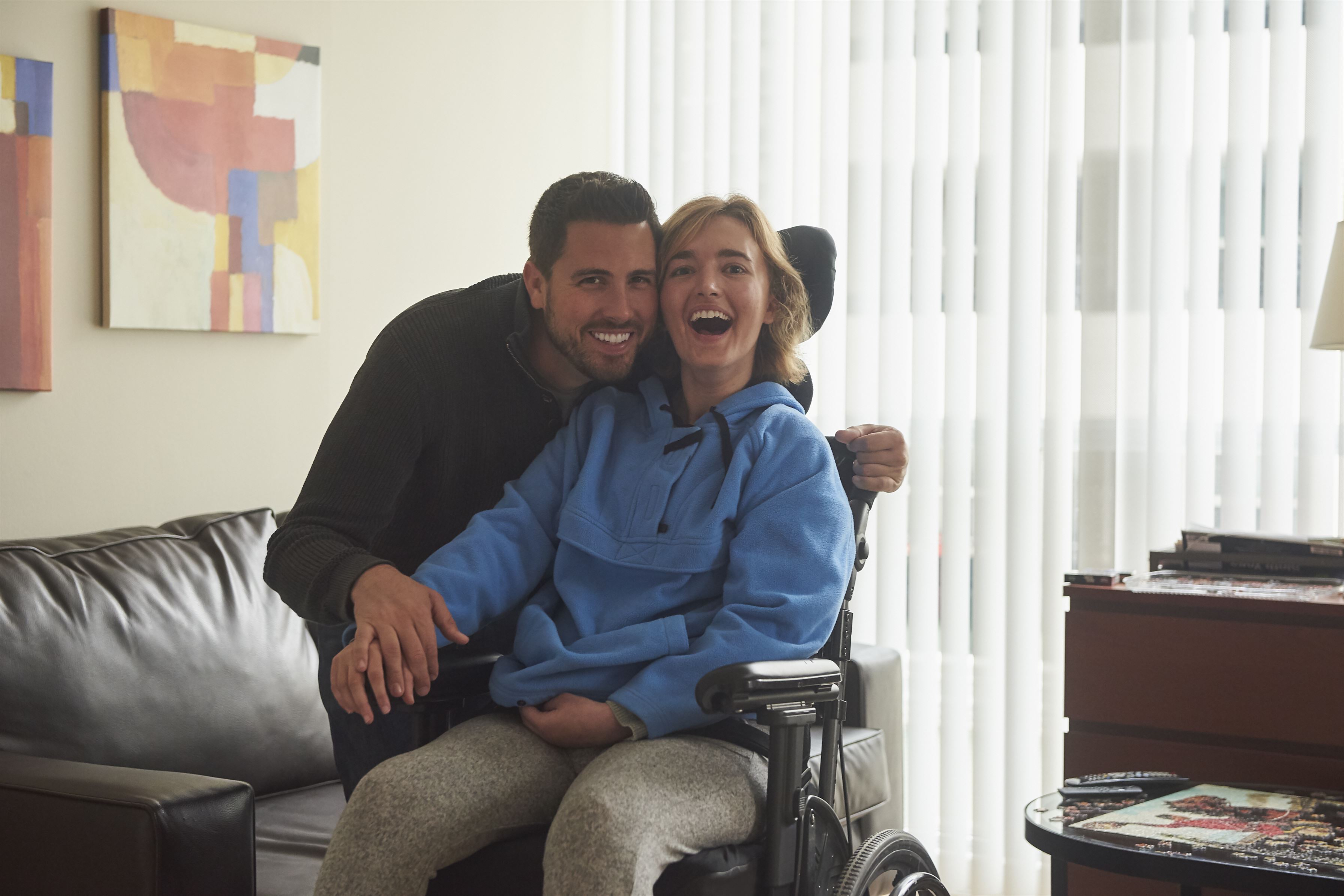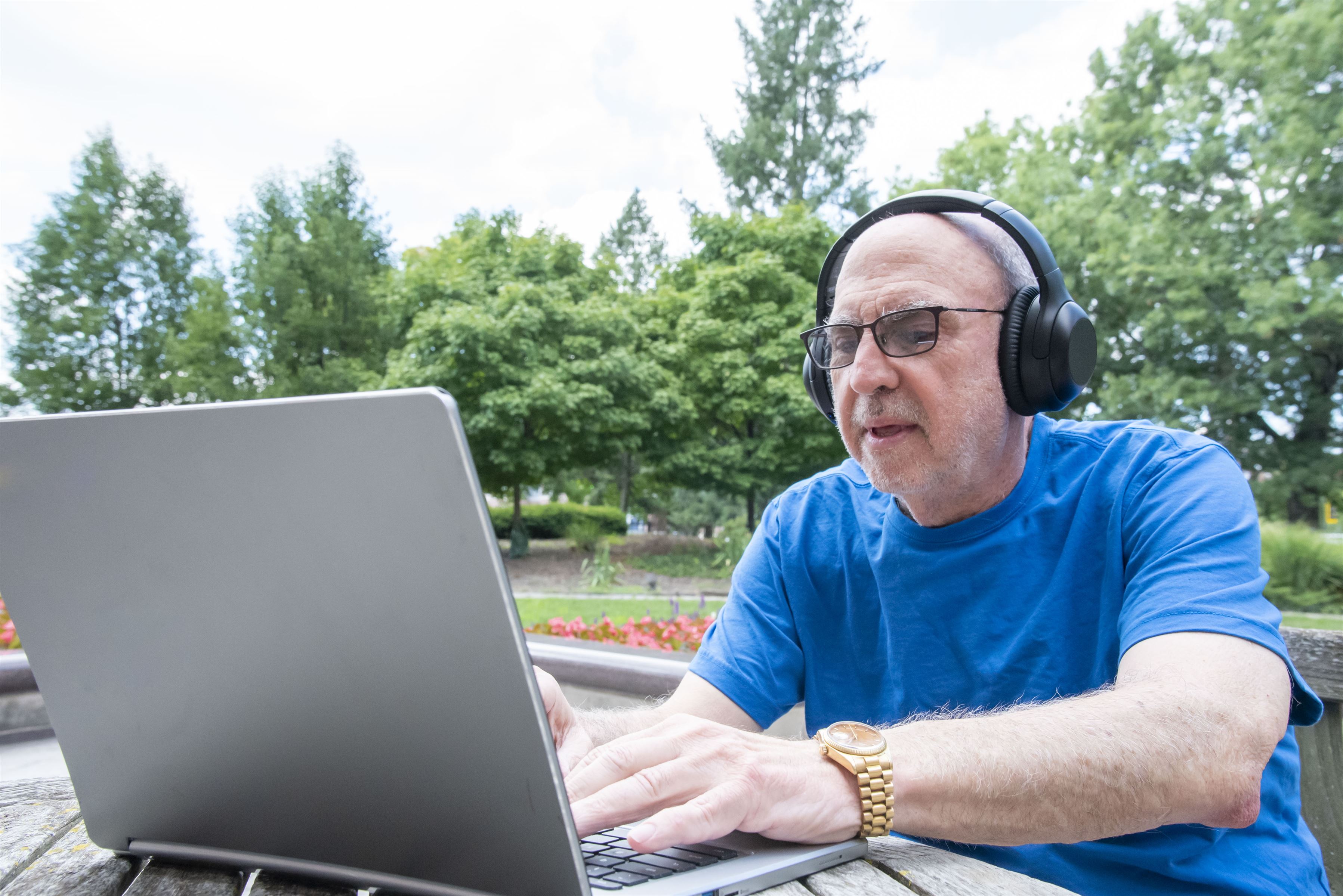
Speech Accessibility Project
Beckman Institute for Advanced Science and Technology
Coming together to expand voice recognition
The University of Illinois Urbana-Champaign has announced the Speech Accessibility Project, a new research initiative to make voice recognition technology more useful for people with a range of diverse speech patterns and disabilities.

Now recruiting!
The Speech Accessibility Project is now recruiting U.S. and Puerto Rican adults:
- who have Parkinson's and related neurological conditions like MSA, PSP, post-DBS, and LBD.
- who have Down syndrome
- who have cerebral palsy
- who have amyotrophic lateral sclerosis
- who have had a stroke
People over the age of 18 are eligible. Unfortunately,
we cannot recruit participants from Illinois, Texas, or Washington at this time because of their state privacy laws.
To get started, please visit the Speech Accessibility App.

Our progress
As of the end of April 2024, we've shared 185,000 speech samples with the companies that fund us: Amazon, Apple, Google, Meta and Microsoft.
Here at Illinois, researchers have trained an automatic speech recognition tool using the project's recordings. Before using recordings from the Speech Accessibility Project, the tool misunderstood speech 20% of the time. With data from the speech accessibility project, this decreased to 12%.

Submit a proposal for using our data
We are now accepting proposals from nonprofits and companies who want to use our data to improve their own speech recognition tools.
Learn moreAbout the project
The project has unprecedented cross-industry support from Amazon, Apple, Google, Meta, and Microsoft, as well as nonprofit organizations whose communities will benefit from this accessibility initiative, to make speech recognition more inclusive of diverse speech patterns.
Today’s speech recognition systems, such as voice assistants and translation tools, don’t always recognize people with a diversity of speech patterns often associated with disabilities. This includes speech affected by Lou Gehrig’s disease or Amyotrophic Lateral Sclerosis, Parkinson’s disease, cerebral palsy, and Down syndrome. In effect, many individuals in these and other communities may be unable to benefit from the latest speech recognition tools.
